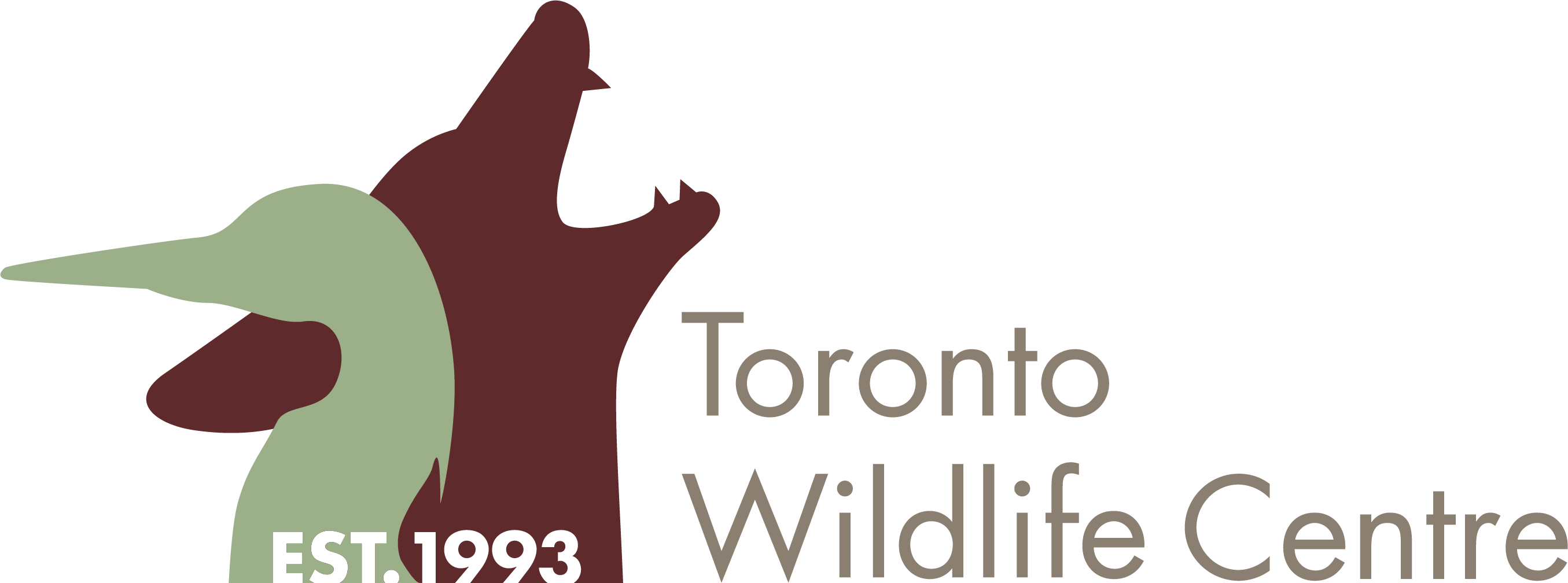Wildlife Rehabilitation
Abandoned eggs should receive care from a licensed wildlife rehabilitator. Wildlife rehabilitators are trained to provide care for wild animals. They are licensed to do so by provincial and/or federal governments.
You should never attempt to incubate abandoned eggs yourself. To develop normally, eggs need specific temperature, humidity and egg rotating schedules that vary greatly between species and is not something that you can provide at home. It is illegal to keep any protected wild bird at home without a permit under the Migratory Birds Convention Act. Please contact a wildlife rehabilitator right away for help with the abandoned egg you have found.

